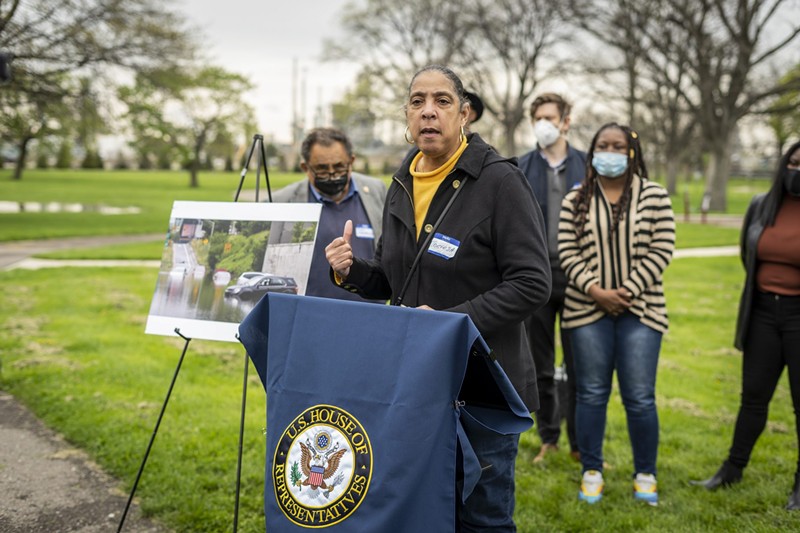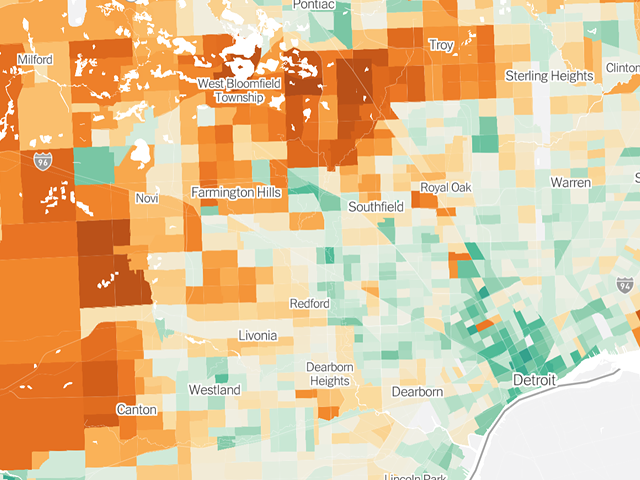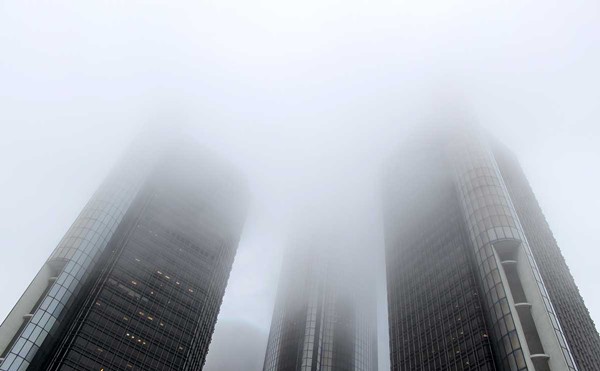
State legislators are taking their oaths of office this week, placing Michigan’s governorship and both chambers of the state legislature under Democratic control for the first time in nearly four decades. There are many urgent issues on the table, but none deserve more attention than the right long denied to many of us in Michigan to breathe clean air, drink clean water, and raise our children free from cancer-causing pollutants. Democrats have a historic opportunity to end the state’s racist practice of packing dirty industries into sacrifice zones. Their success — and the future of politics in Michigan — hinges on this moment. They must not squander it.
As a lifelong Detroiter and cancer survivor, I know the costs of living in a sacrifice zone too well. In the 1940s, my family joined the Great Migration of Black Americans fleeing the South. We landed in the state’s most polluted zip code, 48217, in Southwest Detroit. When I was in kindergarten, the I-75 expressway was built near my school, destroying our local woods and wetlands and splitting our community in two. My father got work as a laborer for EES Coke and for U.S. Steel, two among many of the emissions-spewing companies that soon came to crowd the neighborhood. Even as a child, I could smell the sulfur from Marathon’s oil refinery, which today has the potential to increase its capacity.
When I was nine, my mother became seriously ill. Over the next twenty years she was diagnosed with four types of cancer, including lung cancer. Many of our friends and neighbors, old and young, have similar stories. Yet an endless parade of asphalt, glue, and cement factories have continued marching in. When a new polluter enters our neighborhood, the chemicals it emits (like lead, sulfur dioxide, or particulate matter) add to and combine with the many pre-existing sources of pollution nearby. These cumulative impacts are known to make community members more vulnerable to pollution and its related health risks. Yet cumulative impacts are almost never factored into decisions about where to put the next plastics manufacturer or PFAS incinerator.
Today, I can see the gas flares on Zug Island, where EES Coke operates a battery of 85 coke ovens. The facility releases thousands of tons of sulfur dioxide, an air pollutant known to cause respiratory problems and premature death. In fact, my own father died of lung cancer after working at the Zug Island coke battery. The pollution from Zug Island is so flagrant that the Department of Justice has sued EES Coke for violating the Clean Air Act. I am one of several members of the Sierra Club intervening in this lawsuit to ensure that any financial penalties will be invested back into this neighborhood — but we desperately need our lawmakers to do more.
Across Michigan, government regulators tasked with safeguarding our air and water have instead given polluters a blank check to poison Black and low-income neighborhoods deemed unworthy of protection. The primary agency that grants these permits is the Michigan Department of Environment, Great Lakes, and Energy (EGLE). This same agency ignored compelling evidence of lead poisoning in the children of Flint and tried to cover up the signs of a full-blown water crisis that continues to impact residents today. Though it now has a new name, EGLE seems to be using the same old playbook. The agency is being investigated for racial discrimination in approving a polluting Jeep plant in East Detroit owned by Stellantis NV. It doesn’t have to be this way.
For decades, EGLE has acted as a rubber-stamp for industrial polluters, giving them free reign to poison the air and water of Black and low-income communities, and ignoring the dangers of cumulative impacts to people and the environment. Michigan’s new leadership has the power and the responsibility to go beyond lip service and end this culture of complicity in environmental racism. Voters like me will be paying close attention.
Coming soon: Metro Times Daily newsletter. We’ll send you a handful of interesting Detroit stories every morning. Subscribe now to not miss a thing.
Follow us: Google News | NewsBreak | Reddit | Instagram | Facebook | Twitter






